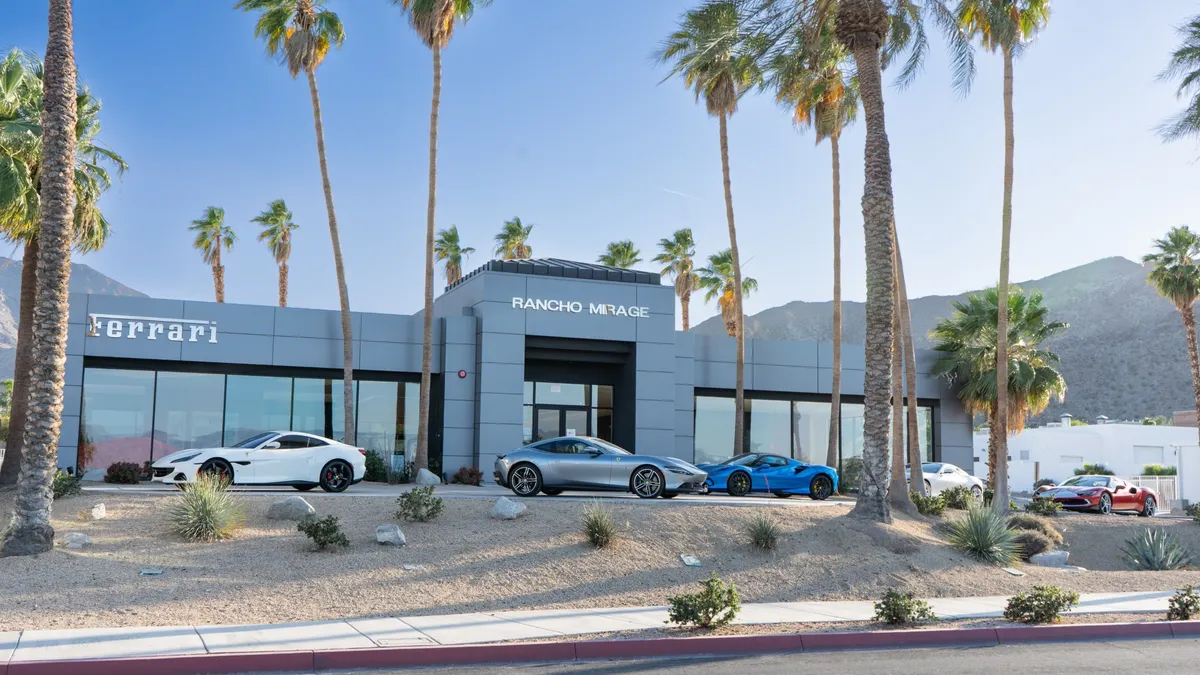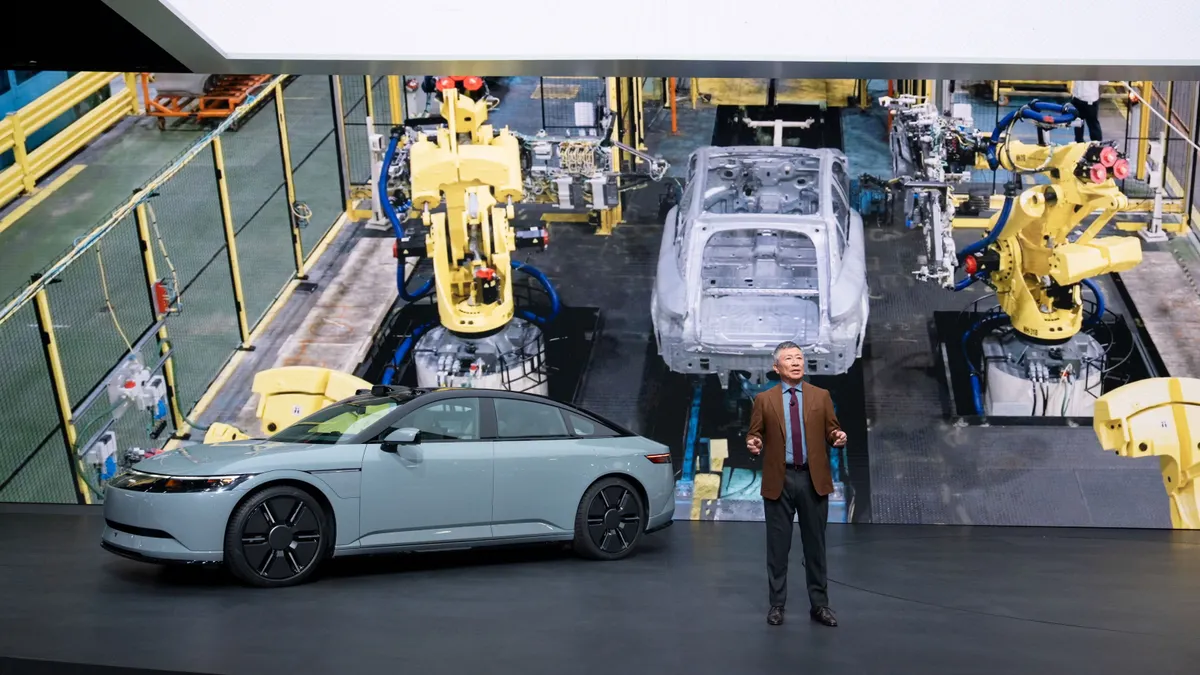Editor's note: This story is part of the WardsAuto digital archive, which may include content that was first published in print, or in different web layouts.
The UAW wraps up negotiations with FCA US some 18 hours after the old contract expired and with both sides pleased with the outcome.
FCA CEO Sergio Marchionne heaps praise on the union for demonstrating a new “maturity” during the talks that led to the tentative agreement, while UAW President Dennis Williams says he is satisfied the tentative contract meets the union’s three key objectives.
Those objectives include a pay increase for long-term employees, eventual elimination of the 2-tier wage system and a new plan that would allow all three automakers to pool their health-care resources.
“I believe the (tentative agreement) is balanced and keeps us in a competitive place,” Williams says at a Tuesday evening press conference.
The UAW president declines to offer any details of the contract, which has to go through the ratification process, beginning with a review of the contract by the UAW’s top executive board and concluding with a vote of union locals representing 40,000 hourly and salaried FCA employees.
“We believe we have met (union members’) goals,” Williams says. “But ultimately that’s up to the members to decide.”
Once the FCA agreement is ratified by the UAW’s rank and file, Williams believe it can serve as the pattern for new agreement with General Motors and Ford. More than 100,000 unionized workers of the two Detroit automakers are working under a contract extension negotiated this week.
“A pattern is about the economics,” Williams continues, adding the union’s pattern offers each automaker ample opportunity to structure their operations as they desire.
Marchionne insists he played only a limited role in finalizing the agreement while heaping praise on both Williams and Norwood Jewell, the head of the union’s FCA US section, for their patience, persistence and professionalism.
“I’ve dealt with three different UAW presidents over the past six years and I believe you are seeing a new maturity in the union’s relationships with the companies,” the FCA boss says.
“It makes it crystal clear that labor is not the problem in this industry,” continues Marchionne, who has been pushing for a restructuring and reorganization of the auto industry to reduce the industry’s cost of capital.
He suggests portions of the tentative agreement should more efficiently deliver healthcare benefits and make greater use of the automaker’s purchasing power.
Contract Includes Way to Raise Wages
The mutual admiration fest continues with Williams praising the FCA bargaining team for acknowledging income inequality is an issue that has to be addressed the bargaining table.
“If you don’t share the wealth, you don’t have a strong society. These guys get that,” Williams says.
Marchionne, who skipped out on a trip to the influential Frankfurt auto show in Germany to preside over the final phase of UAW negotiations, believes the agreement resolves some key issues, including the inequitable nature of the 2-tier wage system where new workers are paid less than employees with more seniority doing the same job.
“That issue will go away over time,” he says, noting the contract includes ways to raise the wages of employees as they learn more.
Marchionne says the contract also provides the flexibility to continue changes that will improve the quality of the company’s products. He says the changes will become “structural and genetic.”
Williams says the troubles over the economy in 2009 built a different kind of relationship between the union and the car companies. “We learned you don’t ever quit talking. What has happened is the officers of the union are engaged with their counterparts at all the companies,” the UAW president says.
“We will continue to make the best damn vehicles at all the companies,” Williams vows.
Ratification May Pose Challenge
The union still faces the challenge of getting the tentative agreement ratified.
The 2011 contract, which carried over concessions imposed by the federal bailout legislation in 2009, was nearly defeated. Then-UAW President Bob King ordered it ratified in an unusual maneuver.
Overall, the percentage of ‘yes’ votes on tentative contracts has fallen during the past decade, which has forced the union to invest more heavily in the ratification effort.
“Even though the majority (of locals) have reached a tentative agreement, we still have some locals that are having (delays),” notes Jewell.
FCA US, the former Chrysler Group, was “a logical choice” of a pattern maker for the union, says Harley Shaiken, a labor expert at the University of California-Berkeley. The UAW keenly is interested in ending the 2-tier wage structure imposed during the recession.
“It’s easier to start with the weakest company,” Shaiken says. “You don't want to negotiate something at General Motors and Ford that’s unacceptable to (FCA).”
Shaiken earlier said the threat of a strike would be a concern for Fiat’s management, as the Italian-American automaker is “living closer to the edge and they can’t make up production of their hot vehicles,” such as Jeep-brand CUVs and SUVs.
With the UAW negotiations out of the way, Marchionne vows to refocus on what he calls his first priority, pushing for industry consolidation to solve what he considers the inefficient use of capital in the auto industry.



















